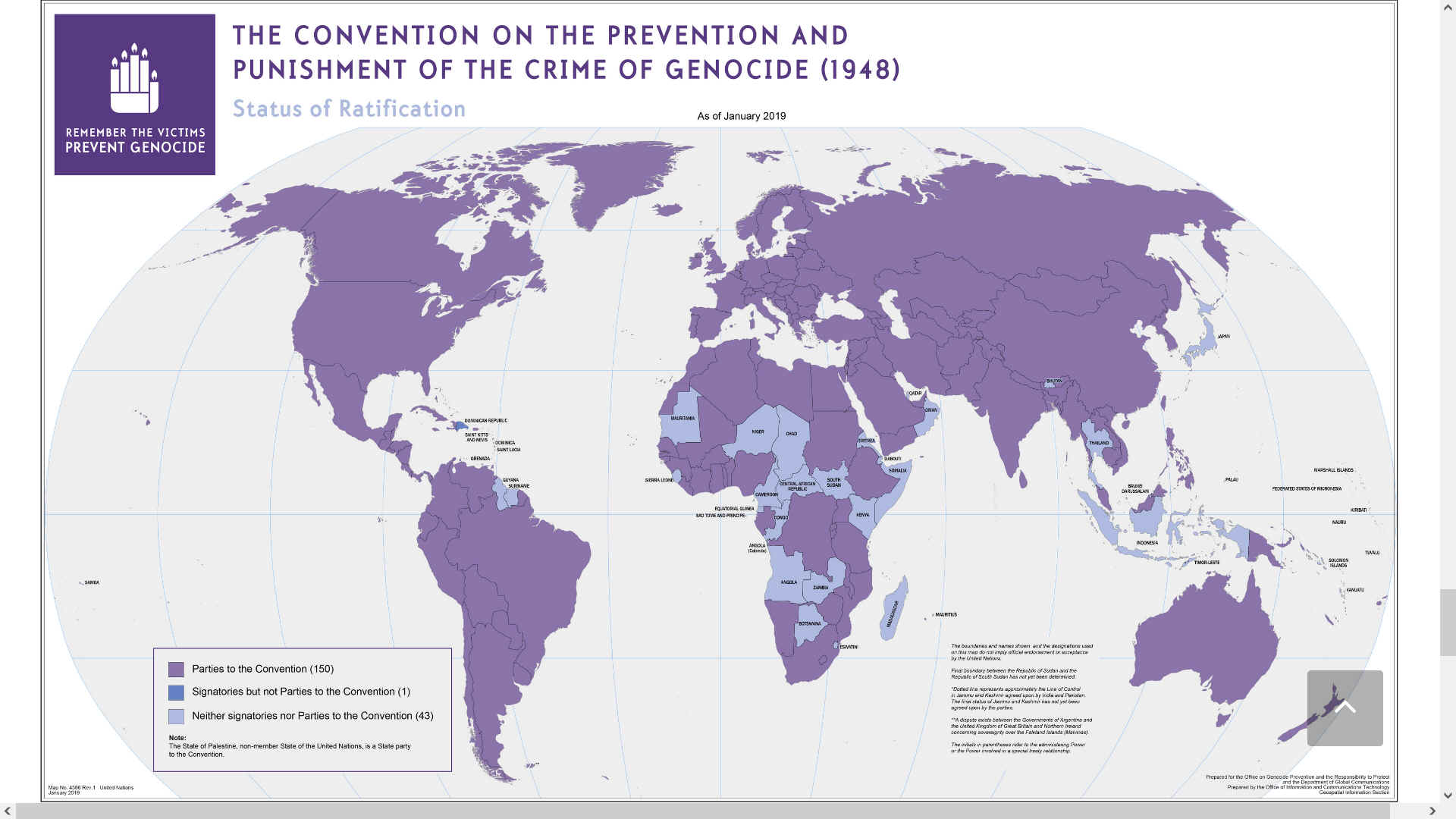From UPSC perspective, the following things are important :
Prelims level: Erga Omnes Obligation
Mains level: rules-based international order

Central Idea:
The article discusses the legal proceedings at the International Court of Justice (ICJ) initiated by South Africa against Israel, alleging violations of the Genocide Convention in the conduct of military operations in Gaza. The international legal context, arguments presented by both sides, and potential provisional measures are highlighted.
Key Highlights:
- South Africa’s legal action against Israel based on the Genocide Convention.
- Debate and international reactions to the case, with Bangladesh and Jordan supporting South Africa, and Germany supporting Israel.
- The significance of provisional measures in protecting rights before a final determination.
- Challenges in proving the specific intent for genocide and contrasting arguments from South Africa and Israel.
- Potential outcomes and the broader context of international law legitimacy.
Key Challenges:
- Demonstrating specific intent for genocide.
- Varying international reactions and political divisions.
- Crafting effective provisional measures acceptable to both parties.
- Addressing the split between formerly colonial powers and others in international law opinions.
Key Terms:
- Genocide Convention: An international treaty prohibiting acts committed with the intent to destroy, in whole or in part, a national, ethnical, racial, or religious group.
- Provisional Measures: Interim orders issued by a court to protect rights pending a final determination of a case.
- Erga Omnes Obligation: The obligation of states to take action to prevent genocide, a duty owed to the international community as a whole.
- Dolus Specialis: Specific intent required to establish the crime of genocide.
- International Criminal Court (ICC): An international tribunal that prosecutes individuals for the international crimes of genocide, crimes against humanity, and war crimes.
- Rules-Based International Order: A system where international relations are governed by agreed-upon rules and principles.
Key Phrases:
- “Provisional measures” as interim orders.
- “Erga omnes obligation” for states to prevent genocide.
- “Dolus specialis” indicating specific intent for genocide.
- “Rules-based international order” questioned by the proceedings.
Key Quotes:
- “Provisional measures are issued pending the final determination of a case.”
- “The split seems to track the divide between formerly colonial or imperial powers and others.”
- “The legitimacy of international law itself is at stake.”
Key Statements:
- South Africa’s claim based on being unrelated to the conflict but having an obligation to prevent genocide.
- Israel’s defense focused on the absence of a dispute and the multiple interpretations of statements.
- International law viewed as invented by the imperial “West.”
Key Examples and References:
- The Gambia versus Myanmar case.
- Germany’s contrasting positions in different legal cases.
- Alleged genocidal statements by Israeli politicians echoed by soldiers on TikTok.
Key Facts:
- December 29, 2023: South Africa initiates ICJ proceedings against Israel.
- January 11-12, 2024: ICJ hearing on provisional measures.
- 24,000-plus deaths in Gaza during the present war.
- Destruction of civilian infrastructure in Gaza.
- Germany’s intervention in The Gambia versus Myanmar case.
Key Data:
- Data includes 24,000-plus deaths in Gaza during the present war and destruction of civilian infrastructure in Gaza.
Critical Analysis:
The article critically examines the challenges of proving genocide, the international split in opinions, and questions the legitimacy of the “rules-based international order.” It underscores the broader implications of the ICJ’s decision on the perception of international law.
Way Forward:
- Await the ICJ’s ruling on provisional measures.
- Consider potential alternatives for provisional measures, such as a humanitarian ceasefire or facilitating resource entry into Gaza.
- Observe how nation-states respond to the ICJ’s decision and its impact on international law legitimacy.
Get an IAS/IPS ranker as your 1: 1 personal mentor for UPSC 2024

